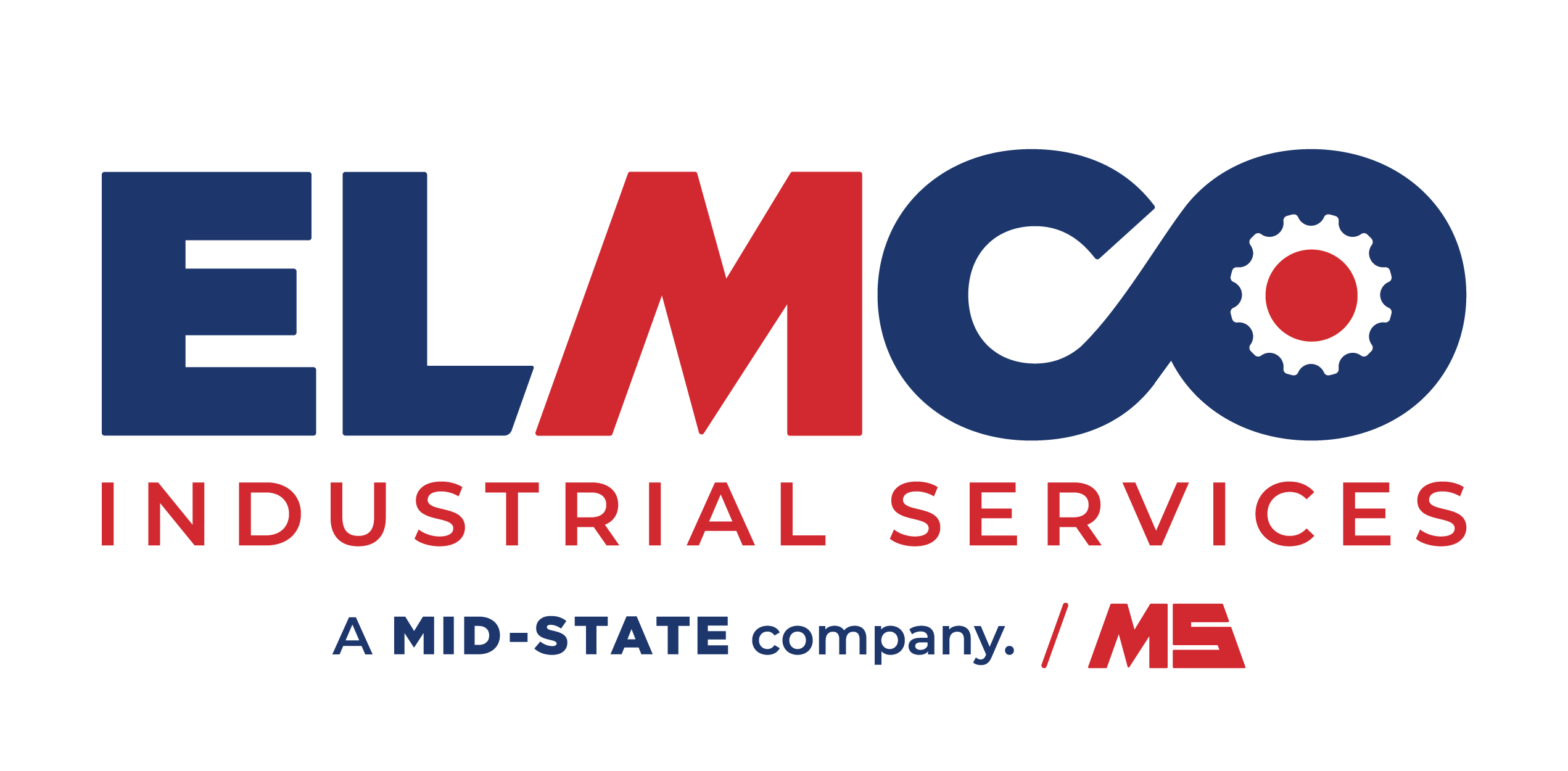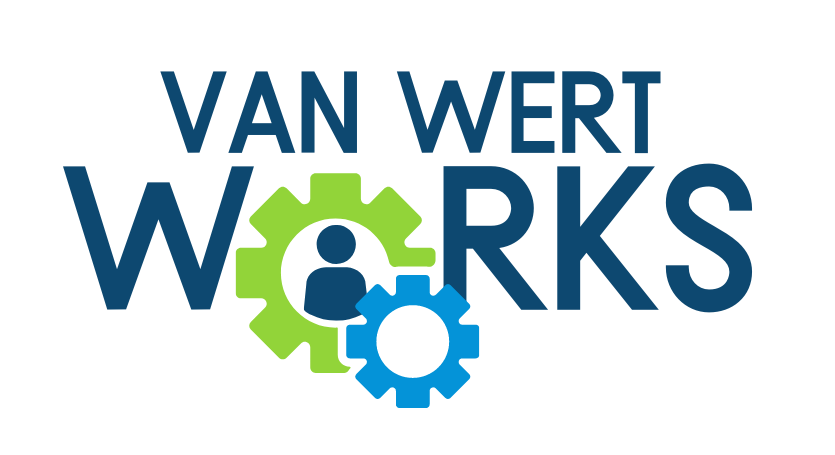
Elmco Industrial Services
1171 Grill rd
Van Wert , OH 45891
Van Wert , OH 45891
Project Administrator
Summary
Job Summary:
The Project Administrator plays a vital role in ensuring the efficient management and execution of projects by maintaining accurate records, facilitating communication, and adhering to company policies and confidentiality standards. This position involves handling contract values, budgets, change orders, and project forecasts while monitoring project progress and ensuring compliance with internal and external guidelines.
Key Responsibilities:
- Creation and maintenance of all contract values and budgets.
- Input and maintain change orders and change order requests.
- Monitor project progress throughout the life of the project.
- Prepare partial, final lien releases, and all required notices related to jobs and subcontractors.
- Input and maintain project forecasts.
- Secure all necessary approvals and ensure that standard company procedures are followed.
- Complete reporting per job status for Account Manager deviation.
- Communicate with Project Controllers and Managers when flags arise to clear them.
- Comply with confidentiality for Customer information and Invoicing Guidelines.
- Verify accuracy of billing data and revise any errors.
- Prepare itemized statements, bills, or invoices and record amounts due for items purchased or services rendered.
- Perform bookkeeping work, including posting data or keeping other records concerning costs of goods or services or the shipment of goods.
- Operate typing, adding, calculating, or billing machines.
- Resolve discrepancies in job cost accounting records.
- Contact customers to obtain or relay account information.
- Review documents, such as purchase orders, sales tickets, charge slips, or time sheets, to compute fees or charges due.
- Keep records of invoices and support documents.
- Monitor equipment to ensure proper operation.
- Fix minor problems, such as equipment jams, and notify repair personnel of major equipment problems.
- Consult sources, such as rate books, manuals, or company representatives, to determine specific charges or information such as rules, regulations, or government tax and tariff information.
- Track accumulated hours and dollar amounts charged to each client job to calculate client fees for professional services, such as legal or accounting services.
- Update manuals when rates, rules, or regulations are amended.
- Compute credit terms, discounts, shipment charges, or rates for goods or services to complete billing documents.
- Answer inquiries regarding rates, routing, or procedures.
- Compile reports of cost factors, such as labor, production, storage, and equipment.
- Create billing documents, credit memorandums, or credit forms.
Experience
Education:
- High School Diploma or GED, with 1+ years of experience in billing or an Office Administration role, is required. Will also consider a bachelor’s degree in an applicable study area (such as Business or Accounting.) with no experience.
Knowledge, Skills & Abilities:
- Excellent Time Management and Organizational skills. Managing one’s own time and the time of others. Developing goals and plans to prioritize, organize, and accomplish your work.
- Strong sense of urgency and ability to prioritize a high-volume task.
- Proficiency with Outlook, Excel and Word. (Or desire and capability to become proficient.)
- Above average Communication Skills required. Communicating clearly via phone, in written form, e-mail, or in-person.
- Excellent Attention to Detail – being careful about detail and thorough in completing tasks.
- This position has access to sensitive information. Must always be honest and ethical and always operate with a high-level of integrity.
Career LevelExperienced
Benefits
Dental Insurance
Health Insurance
Life Insurance
Retirement Benefits
Vision Insurance
